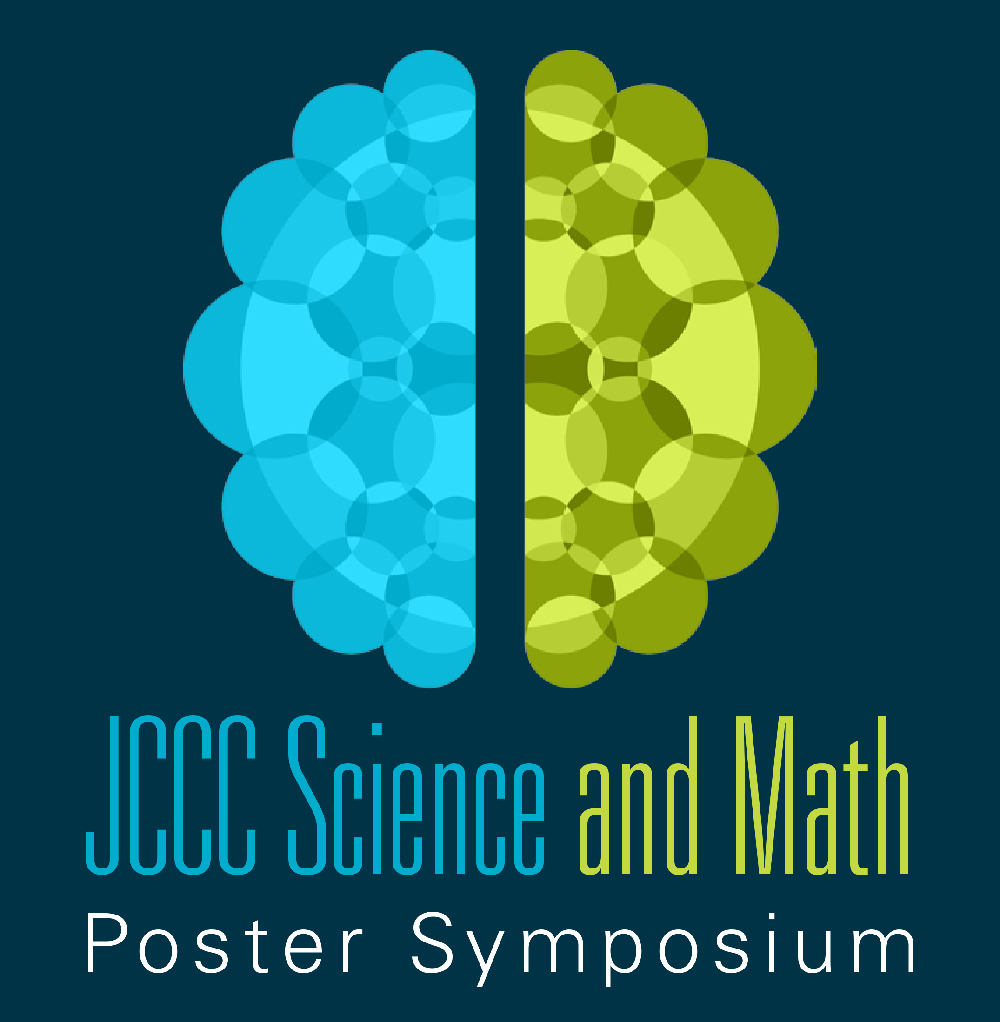The Search for Antibiotic Producing Bacteria
Location
CoLab
Start Date
3-5-2019 12:00 PM
End Date
3-5-2019 1:15 PM
Document Type
Poster
Description
Antibiotic drugs combat microorganisms that make humans sick, and most of the drugs come from bacteria. Alexander Fleming discovered penicillin, the first antibiotic, ninety years ago when Fleming found one of the petri dishes he forgot to put away was covered in a bacteria-killing mold. This accidental discovery brought about a new age of medicine with a “miracle drug” that would eradicate infectious diseases. Unfortunately, since that time, antibiotics have been over prescribed by the medical field and misused by the farming industry. As a result, the world now faces a crisis as antibiotic-resistant infections continue to rise, making it difficult, if not impossible to treat these infections. New antibiotics are needed. Today, interest has focused on looking for new antibiotics in diverse environmental samples, such as the soil. This study seeks to find an antibiotic-resistant bacteria taken from a soil sample in a front yard of a residential neighborhood. Several tests were conducted during the course of this study to determine whether an antibiotic resistant candidate was discovered. The tests conducted were as follows: a serial dilution; isolation of bacteria using a master plate and a quadrant streak plate; screening the soil sample against the safe ESKAPE pathogens; metabolic testing; and finally, sequencing, to determine whether a species could be identified.
Image
The Search for Antibiotic Producing Bacteria
CoLab
Antibiotic drugs combat microorganisms that make humans sick, and most of the drugs come from bacteria. Alexander Fleming discovered penicillin, the first antibiotic, ninety years ago when Fleming found one of the petri dishes he forgot to put away was covered in a bacteria-killing mold. This accidental discovery brought about a new age of medicine with a “miracle drug” that would eradicate infectious diseases. Unfortunately, since that time, antibiotics have been over prescribed by the medical field and misused by the farming industry. As a result, the world now faces a crisis as antibiotic-resistant infections continue to rise, making it difficult, if not impossible to treat these infections. New antibiotics are needed. Today, interest has focused on looking for new antibiotics in diverse environmental samples, such as the soil. This study seeks to find an antibiotic-resistant bacteria taken from a soil sample in a front yard of a residential neighborhood. Several tests were conducted during the course of this study to determine whether an antibiotic resistant candidate was discovered. The tests conducted were as follows: a serial dilution; isolation of bacteria using a master plate and a quadrant streak plate; screening the soil sample against the safe ESKAPE pathogens; metabolic testing; and finally, sequencing, to determine whether a species could be identified.


Comments
The faculty supervisor for this project was Melissa Beaty, Biology.